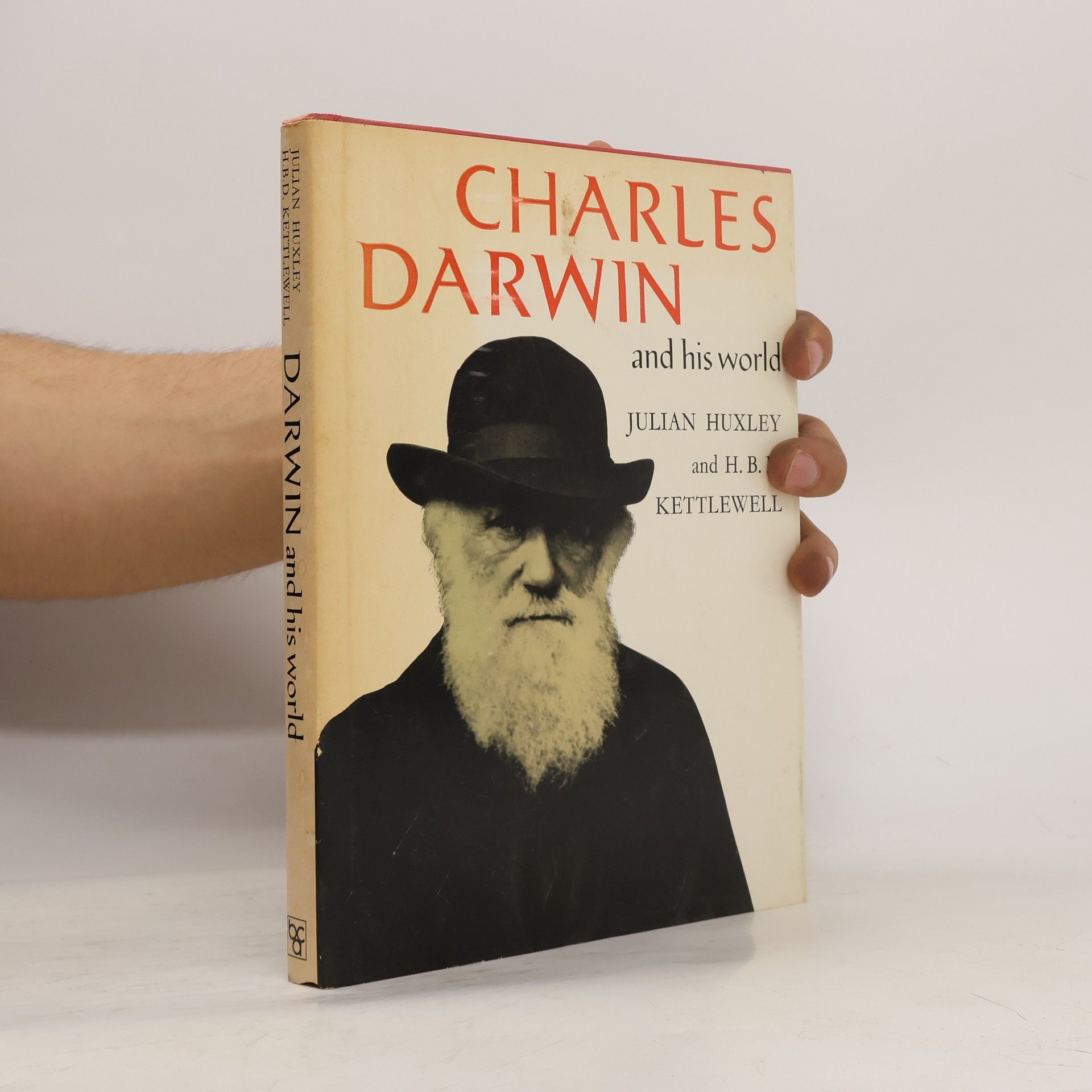Science at Your Service
- 116 páginas
- 5 horas de lectura
Julian Huxley fue un destacado biólogo y pensador británico, cuyo trabajo profundizó en la evolución y el humanismo secular. Con una formación académica y como primer Director General de la UNESCO, Huxley promovió la popularización de la ciencia a través de diversas plataformas, desde libros y artículos hasta la radio y la televisión. Sus amplios intereses abarcaban temas como la genética, la zoología y el futuro de la humanidad, lo que lo convirtió en una figura influyente en el panorama científico e intelectual de su tiempo. El legado de Huxley perdura a través de sus esfuerzos por tender puentes entre la comprensión científica y el progreso y la comprensión humana.







Focusing on the foundational concepts of evolutionary biology, this definitive edition presents a critical exploration of the scientific principles that shaped the field in the twentieth century. It delves into the theoretical frameworks that support evolutionary theory, making it an essential read for those interested in the intersection of science and philosophy.
A delightful treasury of observations and insights into the lives of all sorts of creatures, from jackdaws and water-shrews to dogs, cats and even wolves. It is a wonderfully written introduction to the world of our furred and feathered friends!